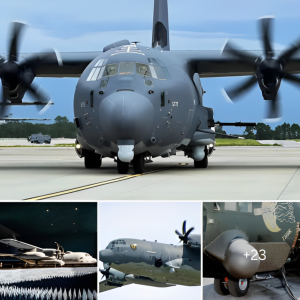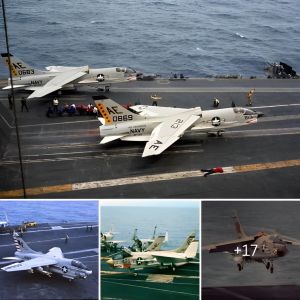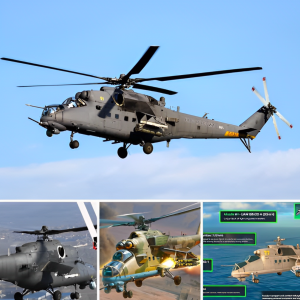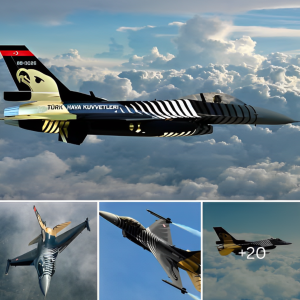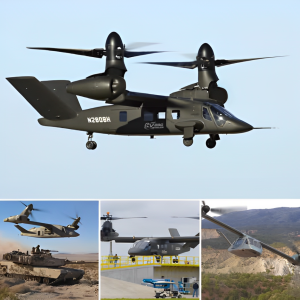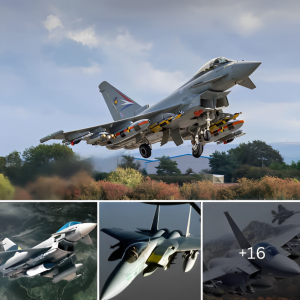The Tupolev Tu-22M3 (NATO: Backfire-C) is a supersonic, variable-sweep wing, long-range strategic and maritime strike bomber developed by the Tupolev Design Bureau. During the Cold War, the Tu-22M was operated by the Soviet Air Forces (VVS) in a missile carrier strategic bombing role, and by the Soviet Naval Aviation (Aviacija Vojenno-Morskogo Flota, AVMF) in a long-range maritime anti-shipping role. As built, the Tu-22M included the provision for a retractable probe in the upper part of the nose for aerial refueling. The probe was reportedly removed as a result of the SALT negotiations, because with refueling it was considered an intercontinental range strategic bomber. The probe can be reinstated if needed.Significant numbers remain in service with the Russian Air Force, and as of 2014 more than 100 Tu-22Ms are in use.

Tu-22M3 Backfire-C Long-Range Supersonic Missile Carrier Bomber
The later Tu-22M3, which first flew in 1977, introduced into operation in 1983 and officially entered service in 1989, had new NK-25 engines with substantially more power, wedge-shaped intake ramps similar to the MiG-25, wings with greater maximum sweep and a recontoured nose housing a new Almaz PNA (Planeta Nositel, izdeliye 030A) navigation/attack (NATO ‘Down Beat’) radar and NK-45 nav/attack system, which provides much-improved low-altitude flight. The aerodynamic changes increased its top speed to Mach 2.05 and its range by one third compared to the Tu-22M2. It has a revised tail turret with a single cannon, and provision for an internal rotary launcher for the Raduga Kh-15 missile, similar to the American AGM-69 SRAM. It was nicknamed Troika (‘Trio’ or third) in Russian service. 268 were built until 1993.

Tu-22M3 Backfire-C Long-Range Supersonic Missile Carrier Bomber
In total, about 500 Tu-22M aircraft of various modifications were built at the Kazan Aircraft Production Association. In 2018, the first completely modernized Tu-22М3М missile carrier bomber was created within the framework of a large-scale modernization program for aircraft systems of strategic and long-range aviation. In the course of the complete modernization, the aircraft was equipped with an advanced digital avionics system based on the domestic components. The conducted works resulted in the considerable enhancement of combat capabilities of the aircraft system including increased tactical effectiveness and larger operational radius. The first flight of the completely modernized Tu-22М3М missile carrier bomber was on December 28, 2018.

Tu-22M3 Backfire-C Long-Range Supersonic Missile Carrier Bomber
Tu-22M3 for the Russian Air Force with engines from Tu-160M2, 80 percent of avionics are replaced or upgraded,[84] including SVP-24-22 bombsights, a phased array NV-45 radar, GLONASS navigation system, modern digital glass cockpit and engine controls, electronic warfare countermeasures and the ability to use precision air-to-surface weapons. The Russian Ministry of Defense intends to upgrade up to 30 aircraft out of approximately 60 Tu-22M3s currently in service to the advanced Tu-22M3M variant. Service life will be extended to 40–45 years. On 16 August 2018, the first modernized aircraft was unveiled during a roll-out ceremony at the Kazan Aviation Plant. Tu-22M3Ms used to attack targets in Syria underwent modernization, during which the SVP-24-22 specialized computing subsystems were installed on them, significantly increasing the accuracy of the bombing.

Tu-22M3 Backfire-C Long-Range Supersonic Missile Carrier Bomber
